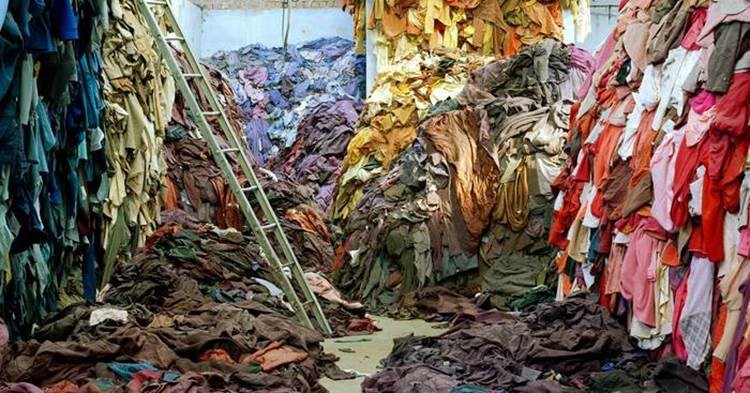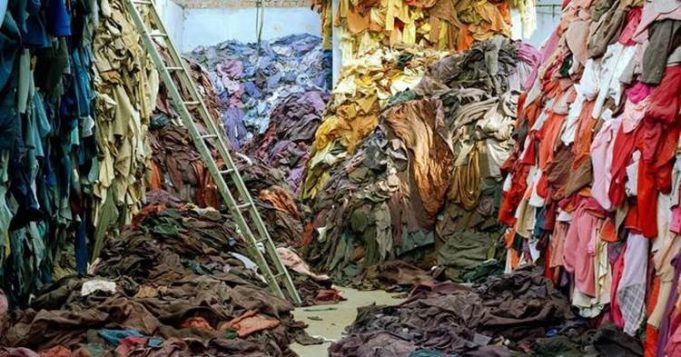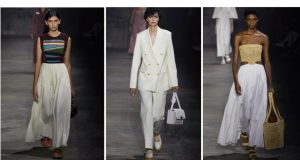As we navigate the ever-evolving landscape of the fashion industry, one thing remains constant: the threads of change that weave through its social and environmental impact. From the runway to the retail rack, fashion has the power to shape our world in ways both beautiful and complex. In this article, we will delve into the intricate tapestry of fashion’s influence, exploring how our sartorial choices can ripple out into broader social and environmental spheres. Join us as we unravel the threads of change in the world of fashion, and discover the transformative power that lies within each garment we wear.

The Evolution of Fashion Industry and Its Impact on Society
The fashion industry has undergone significant evolution over the years, transforming from a slow and artisanal process to a fast-paced, mass-produced industry. This shift has had both positive and negative impacts on society. While it has made fashion more accessible to a broader audience, it has also led to issues such as overconsumption, exploitation of labor, and environmental degradation.
The Environmental Consequences of Fast Fashion
Fast fashion, characterized by the quick turnover of trends and low-quality, disposable clothing, has taken a toll on the environment. The constant churn of new styles leads to excessive resource consumption, pollution from production processes, and massive amounts of textile waste. As consumers, it is essential to consider the environmental impact of our fashion choices and opt for sustainable alternatives that prioritize the health of our planet.
Empowering Change Through Sustainable Fashion Choices
One way to combat the negative effects of the fashion industry is by making conscious and sustainable fashion choices. By supporting brands that prioritize ethical sourcing, transparent supply chains, and eco-friendly practices, consumers can empower positive change within the industry. From choosing clothing made from organic materials to investing in timeless pieces that last for years, each decision towards sustainable fashion contributes towards a more responsible and mindful industry.
Ethical Fashion: Promoting Fair Labor Practices
Ethical fashion focuses on promoting fair labor practices within the industry, ensuring that garment workers are treated ethically and paid fairly for their work. By supporting brands that prioritize ethical labor standards, consumers can help combat exploitation and injustice in the fashion supply chain. Through transparency and accountability, ethical fashion strives to create a more equitable and humane industry for all involved.
Concluding Remarks
As we have delved into the intricate web of fashion’s social and environmental impact, it has become apparent that every thread woven into our clothing carries with it a story untold. From the hands that labor in sweatshops to the resources drained from our Earth, the implications of our fashion choices are vast and interconnected. As we navigate this complex landscape, may we thread lightly, with mindfulness and a commitment to positive change. Let us weave a future where fashion is a force for good, stitching together a more sustainable and equitable industry for all. The fabric of our society is rich and diverse, let us ensure that every stitch contributes to a more beautiful and just world.









